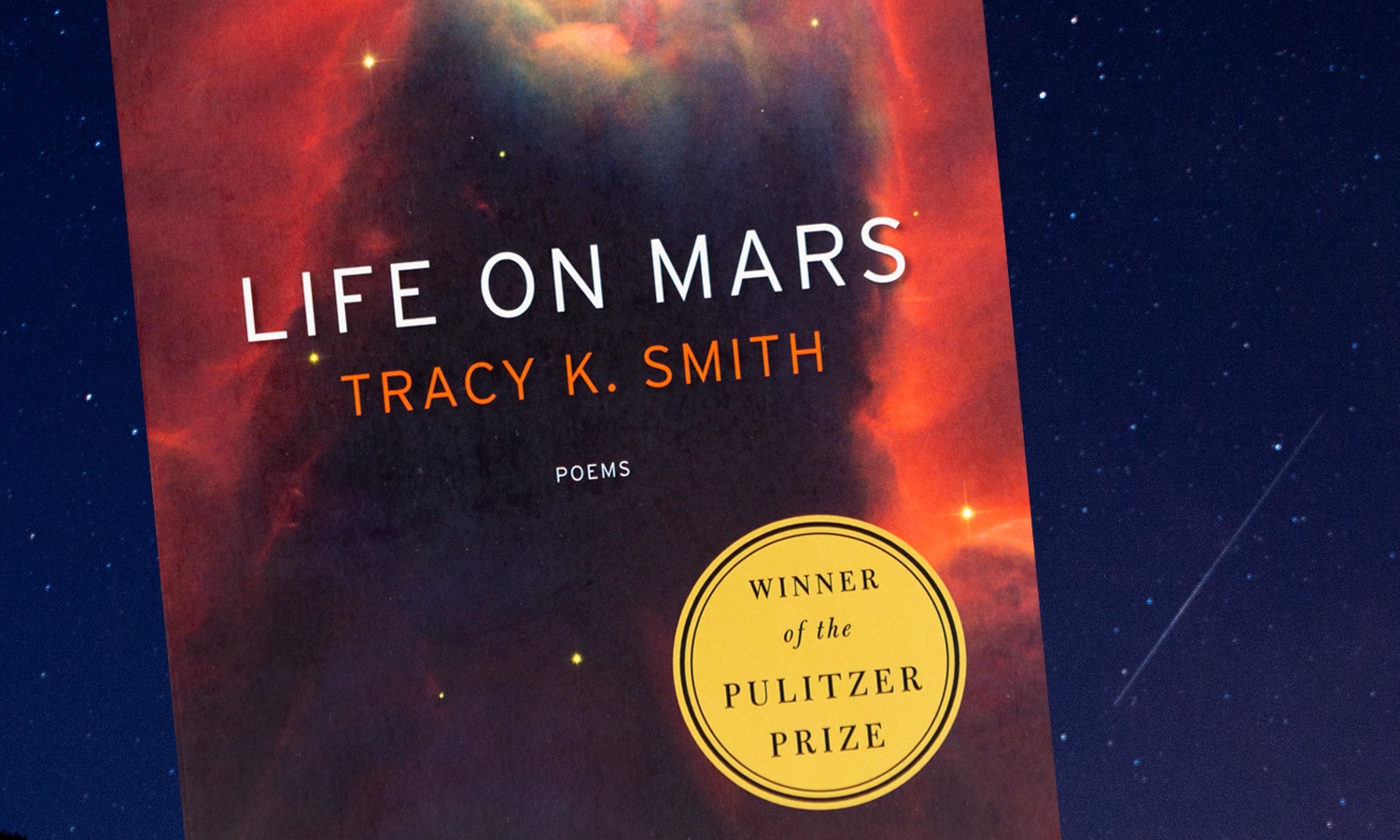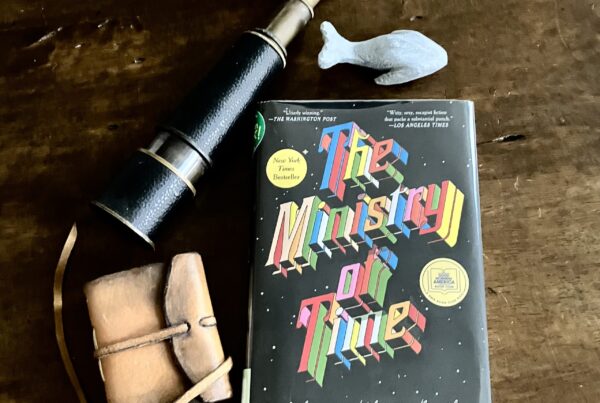I came to my love of poetry somewhat reluctantly. When my dad would recite poetry for my brother and me, he got mostly eye-rolling and groaning. But I asked for a framed copy of “The Whisperers” by Walter de la Mare for my 21st birthday, so something must have stuck. Now, I’m always on the lookout for a great poem or book of poetry, and I was particularly intrigued by Tracy K. Smith’s Life on Mars.
What took me by surprise was her ability to take something so distant, cold, and foreign as outer space, and connect it to the deep caring, the complexities, and the grief that can come from our relationships with parents and lovers. I’ve often thought that falling in love is like being in a gravitational pull; similarly, in Smith’s words, “Tina says what if dark matter is like the space between people/When what holds them together isn’t exactly love, and I think/That sounds right” (37).
The speaker in Smith’s poems is frank, conversational, and also deeply grieving as she has recently gone through the loss of her father. This eponymous poem zooms in to how humans hurt each other, touching on incest, sexual assault, and Guantanamo Bay, and then pulls out to “The earth/floating in darkness, suspended in spin./The earth gunning it around the sun./The earth we ride in disbelief.” These shifts in perspective can be both disorienting and enlightening.
Tracy K Smith is the current poet laureate of the United States, and this book of poetry won the Pulitzer Prize. Sometimes the poems are very intimate, and at other times, they are distant and analytical. Smith touches on those deep human wonders about what’s out there and what’s in here: the need somehow to connect – with each other, but also with the universe. And it’s “Just like the life/In which I’m forever a child looking out my window at the night sky/Thinking one day I’ll touch the world with bare hands/Even if it burns”(19).




